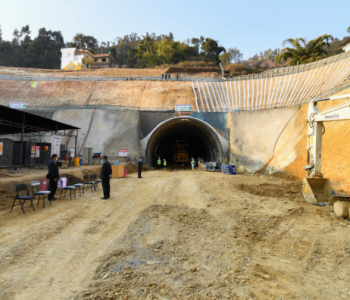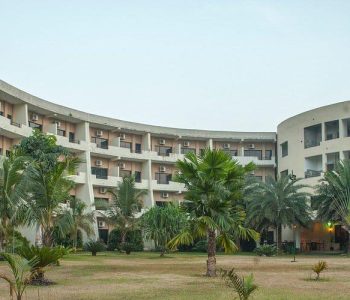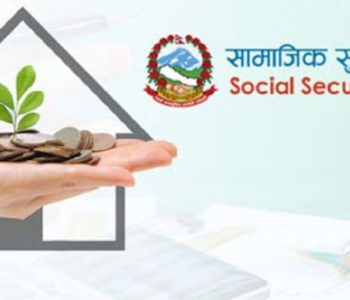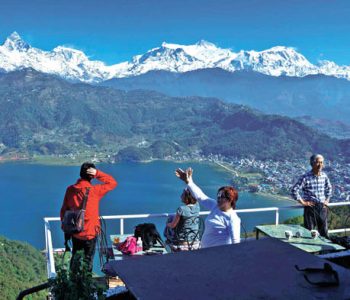Private sector invests Rs 543 billion in Nepal’s hotel and restaurant industry

KATHMANDU: A recent survey by Nepal’s National Statistics Office has revealed that the private sector has invested a staggering NPR 543.25 billion in the country’s hotel and restaurant industry, cementing its role as a vital component of the tourism infrastructure.*
The survey, conducted between July 2022 and June 2023, highlights the sector’s economic significance, contributing NPR 109.27 billion in annual value addition to Nepal’s economy. It also notes that 28% of the total investment is financed through loans and credit from financial institutions.
Economic Contribution and Employment
The report underscores the sector’s ability to generate NPR 326.01 billion worth of services annually while incurring operating costs of NPR 216.73 billion. According to spokesperson Hem Raj Regmi, the industry supports approximately 387,000 active business owners and partners, with women accounting for 44% of the investors.
In terms of employment, around 106,000 salaried workers are employed in hotels and restaurants, collectively earning NPR 20.61 billion annually in salaries, wages, and benefits.
Accommodation and Dining Capacity
The survey reports that Nepal’s hotel sector offers 116,100 rooms, ranging from star-rated hotels to homestays. Among these, 8,496 rooms belong to five-star hotels, while resorts, tourist-standard hotels, and homestays account for a significant portion. Room prices vary from NPR 1,400 in budget hotels to NPR 6,900 in luxury accommodations.
According to Hotel Association Nepal (HAN) President Binayak Shah, the private sector is equipped to serve 3 million tourists annually, with the surveyed hotels providing a daily capacity of 10,000 beds. Shah remarked, “Nepal’s hospitality industry is ready to accommodate 3.5 million tourists annually, based on room configurations and bed types.”
On the restaurant side, Nepal’s dining establishments can serve 2.234 million guests at once. “If all Nepalese decided to dine out simultaneously, the seating capacity of the country’s restaurants could accommodate them,” said spokesperson Regmi.
Regional Investment and Challenges
The Bagmati Province leads in fixed asset investments with NPR 241 billion, followed by Gandaki Province at NPR 106.64 billion and Lumbini Province at NPR 53 billion. Karnali Province, however, recorded the lowest investment at NPR 11 billion, indicating regional disparities in hospitality development.
A concerning trend highlighted by the survey is the lack of formal registration among establishments. Approximately 37% of hotels and restaurants operate without adhering to government registration processes, potentially undermining regulatory compliance and revenue collection.
Future Potential
Tourism entrepreneurs believe Nepal’s hospitality industry has the potential to host 3.5 million tourists annually, aligning with the country’s vision to become a premier global travel destination. However, challenges such as unregistered operations and regional investment imbalances need to be addressed to unlock the sector’s full potential.
With the private sector driving such significant investments, the industry is poised to play a key role in shaping Nepal’s economic future and enhancing its global tourism appeal.













Facebook Comment